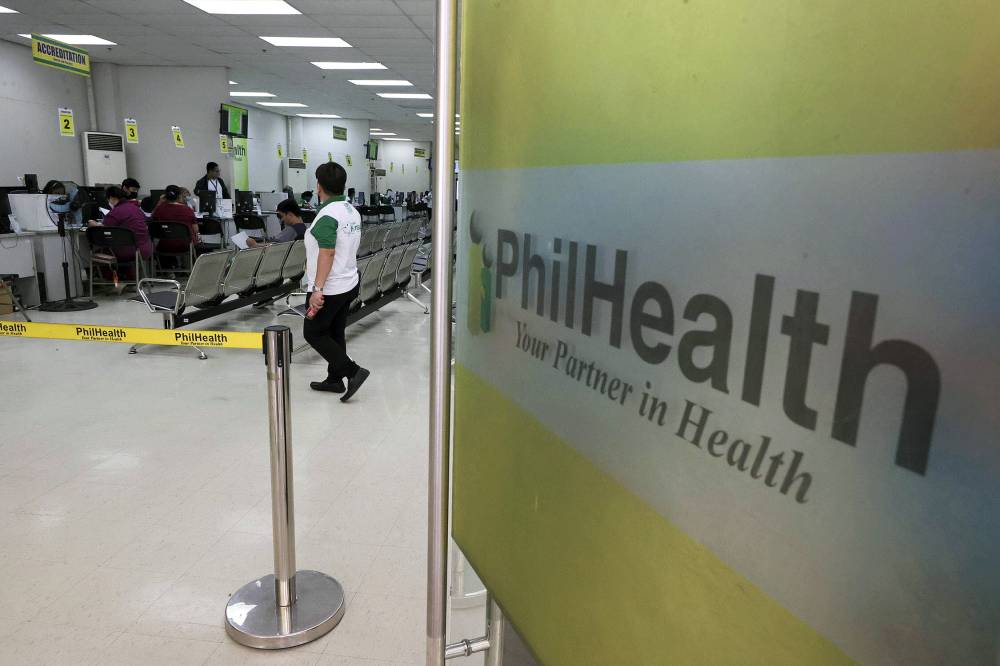PhilHealth not shouldering all meds, tests in dialysis package

Amid controversy over its billions of pesos in excess funds, the Philippine Health Insurance Corp. (PhilHealth) has clarified it will not cover all medicines and laboratory tests under the “minimum standards” of its recently expanded benefit package for patients with failing kidneys.
In a July 21 advisory, PhilHealth CEO Emmanuel Ledesma Jr. cited Table 2, Section V(F) of PhilHealth Circular No. 2024-014, which “reiterates that the provision of these services will depend on the patient’s status based on the healthcare provider’s clinical assessment, and that these services are not intended to be provided per patient’s demand.”
The services refer to hemodialysis treatment sessions for patients with end-stage chronic kidney disease (CKD).
“Therefore, patients will only receive services that are clinically indicated and necessary for a given treatment session,” Ledesma added.
According to his June 28 circular—issued almost a month before the clarificatory advisory—the minimum standards are “based on clinical practice guidelines and aim to ensure good outcomes.”
A CKD5 patient may also take “any or all, as needed,” eight laboratory tests—complete blood count (CBC); serum creatinine; hepatitis profile; alkaline phosphatase; potassium, phosphorus, calcium; serum iron/ferritin/transferrin; total iron binding capacity; and albumin.
156 dialysis sessions
The circular raises the package rate from P2,600 to P4,000—with P3,650 serving as health facility fee and P350 as professional fee—for each hemodialysis session to which a CKD5 patient is entitled.
Last year, PhilHealth expanded from 90 to 156 sessions the maximum number of hemodialysis sessions for CKD5 patients, equivalent to a yearly benefit package amounting to P624,000 at most.
All accredited dialysis centers and laboratories, whether public or private, are prohibited from billing additional charges to CKD5 patients, even if the services they provide are beyond the P4,000 package, under the “no balance billing” system.
While the expansion of the PhilHealth coverage might be of great help to patients, a group of private dialysis centers said this could lead to its members’ bankruptcy.
In his letter to Ledesma, Dialysis Coalition of the Philippines Inc. president Dr. Michael Manalaysay said the P4,000 reimbursement was way below the cost of hemodialysis ranging from P5,200 to P6,000 per session.
The group said no-balance billing should only apply to public health institutions and not private facilities.
The state health insurer is in the middle of a controversy after the Department of Finance (DOF) directed PhilHealth to remit P89.9 billion of its unused subsidies from 2021 to 2023 to the national treasury to fund the government’s unprogrammed appropriations this year.
Health stakeholders have urged President Marcos to undo the DOF order, arguing that it violates the Universal Health Care Act of 2019. INQ

















